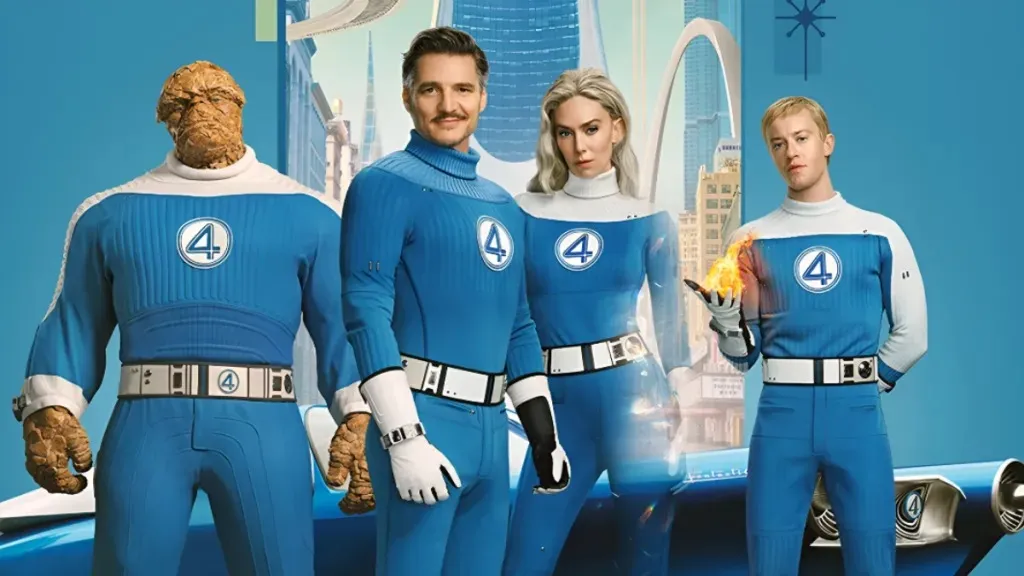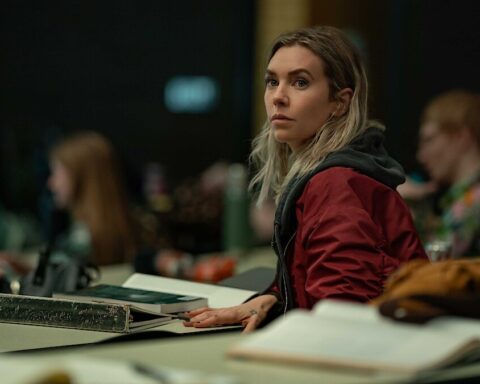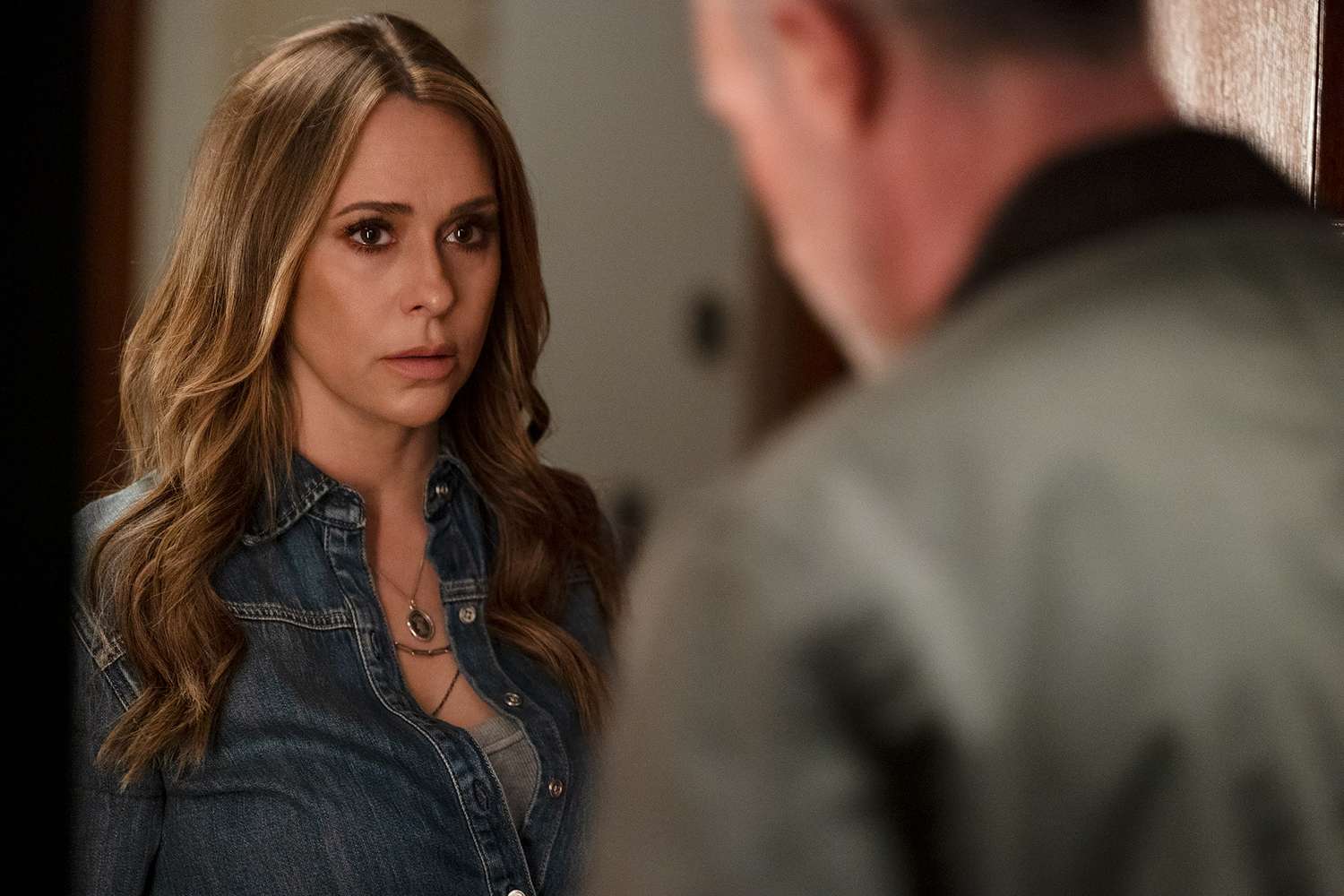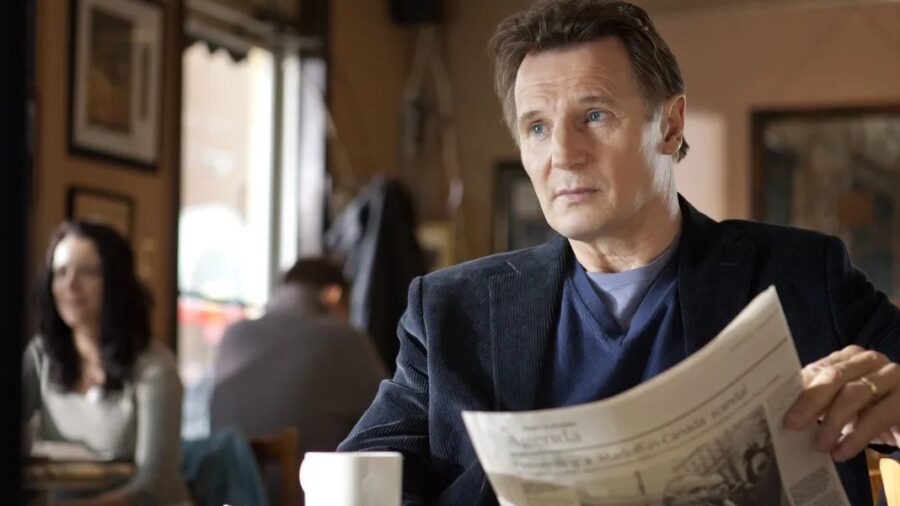The MCU is amid a full-blown metamorphosis. After years of expansion and ambitious interconnections, the franchise is entering a new phase of redefinition. With Kang (Jonathan Majors) removed from the throne of villainy for both off-screen and creative reasons, the mantle of “big bad” for the Multiverse Saga has officially passed to Doctor Doom – who will shockingly be portrayed by Robert Downey Jr. The narrative reset confirmed by Kevin Feige in the upcoming Avengers films begins here, with The Fantastic Four: First Steps acting as the launchpad for these characters’ official entry into the MCU timeline. At the same time, it marks a sort of historic restart: after decades of problematic adaptations – and no matter how loudly 2000s nostalgia screams – Marvel’s First Family has never truly received the justice it deserves. Until now…
Directed by Matt Shakman (WandaVision, still my favorite series in the franchise) and written by a team of eight hands – Josh Friedman (Kingdom of the Planet of the Apes), Eric Pearson (Thunderbolts*), and the duo Jeff Kaplan & Ian Springer – The Fantastic Four: First Steps represents a new and promising chapter for Marvel. Boasting a high-caliber cast led by Pedro Pascal (The Last of Us) as Reed Richards, Vanessa Kirby (Pieces of a Woman) as Sue Storm, Joseph Quinn (Stranger Things) as Johnny Storm, and Ebon Moss-Bachrach (The Bear) as Ben Grimm, the movie places a strong bet on the chemistry of its central quartet to breathe life into a narrative about family, sacrifice, and the eternal moral conflict between good and evil.
As someone who’s never felt the infamous “superhero fatigue” – a notion I find faulty and often used to excuse mediocre productions – I walked into the theater with genuine excitement. Expectations were high, not just because of the creative team involved, but also due to Michael Giacchino’s score (Up) – which kept passing through my usual pre-release filter – constantly heightening my anticipation. In that regard, The Fantastic Four: First Steps doesn’t disappoint in the slighest.
On a technical level, the film impresses most in two areas: the score and set design. Giacchino delivers a stunning arrangement that sends chills from the opening moments, culminating in a main theme as striking as it is deserving of a place among Marvel’s best. It’s emotional without being manipulative, epic without becoming overblown. Without a doubt, it’s one of the finest musical accompaniments I’ve experienced in theaters this year. Meanwhile, the set design – along with the rest of the production direction department really – perfectly captures the intended retro-futuristic environment. The visuals evoke the origins of the Fantastic Four from Jack Kirby and Stan Lee’s comics. The heavy use of blue tones – a clear symbol of the group’s identity – bursts vividly from the screen, contributing to an atmosphere that’s both nostalgic and innovative.
Naturally, the movie’s central theme is family. And while the four screenwriters play it safe and avoid major narrative risks, The Fantastic Four: First Steps still manages to explore this concept in compelling ways. Through moral dilemmas centered on motherhood, sacrifice, and humanity, the film offers a light yet effective analysis of what it truly means to be a hero. The conflicts aren’t reduced to just punches or laser beams; instead, there’s a thoughtful look at the dichotomy between life and death, duty and personal desire, responsibility and selfishness – all grounded in the intimate dynamics of the titular group.
The story also subtly explores the notion of individual identity within a collective. Each member of the Fantastic Four faces an internal struggle that transcends their powers – Sue wrestles with the choice between being a mother and a heroine to an entire people; Reed grapples with the pressure of being the rational mind in an emotional world; Ben struggles with the loss of his visible humanity; and Johnny seeks to prove he’s more than just a handsome, impulsive show-off. The script, while restrained, draws these personal battles with enough sensitivity for audiences to feel the weight of each character’s choices – even when the story doesn’t dive deep into philosophical complexity.
Another underlying theme is the inevitability of change and how it affects human relationships. From the moment the apocalyptic threat emerges, everyone is forced to reevaluate their sense of purpose, morality, and personal sacrifice. The Fantastic Four: First Steps raises pertinent questions: what defines us once we’re no longer merely human? Is heroism found in what we do, or in what we’re willing to give up to protect others? These reflections grow stronger during moments of conflict, especially when Galactus (Ralph Ineson, Nosferatu) forces the characters to make irreversible choices. While the movie never fully embraces an existentialist tone, the seeds are there – just enough to spark conversation after the credits roll.
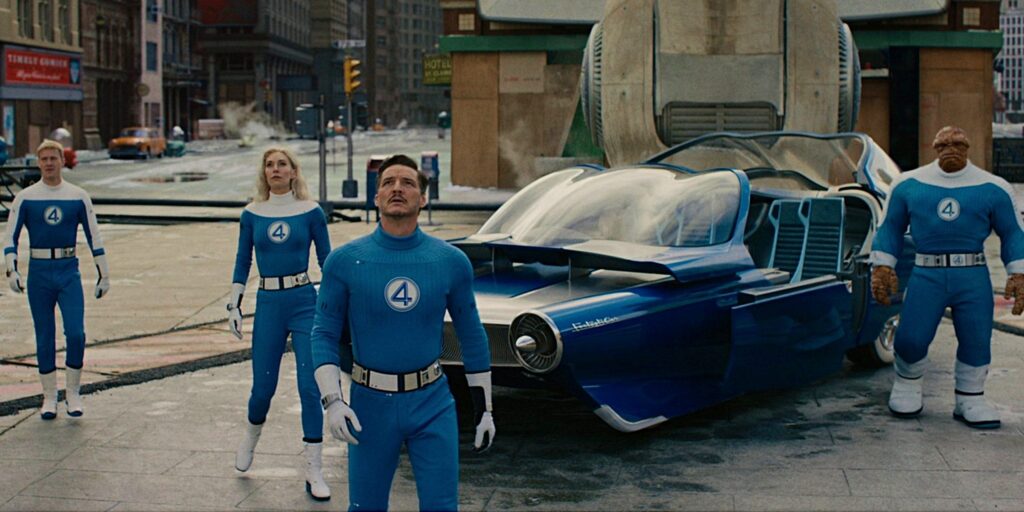
On the performance side, Kirby is undeniably the MVP. The actress – who’s already proven her skill in extremely intense roles – again showcases her versatility by portraying a deeply human Sue. Kirby carries a demanding arc that requires continuous emotional juggling: her character is forced into extreme moral decisions that make her question her role as a woman, scientist, mother, and superhero. Her performance is moving – controlled, yet explosive when it needs to be.
Quinn and Moss-Bachrach bring a welcome balance of humor and sentiment. Johnny is introduced as the hasty, underestimated younger sibling – even by his own family – but ultimately reveals a genuinely altruistic spirit, though his character arc does get a bit lost in the film’s pacing. Ben, physically constrained by his “Thing” form, faces his longing for intimacy, which is handled with care, though again, more screen time could’ve deepened his arc.
As for Pascal, with his signature gravitas, he embodies a Reed torn between logic and feeling. The actor effectively captures the internal tension of someone used to solving everything with practical reasoning, now faced with dilemmas that have no perfect solutions. Reed’s struggle is essentially that of a would-be father, unable to accept that not everything can be calculated away. While his performance is solid, his character is perhaps the least standout of the core four.
In terms of visual effects, the quality is uneven. Galactus, surprisingly, emerges as one of the movie’s most terrifying and technically impressive elements – a galactic presence whose few scenes leave a lasting impression. The heroes’ powers, however, vary in execution – Reed’s stretching ability, in particular, remains a visual challenge, with some shots veering into uncanny territory.
Julia Garner (Ozark) lends a quiet intensity to her portrayal of Silver Surfer, conveying the necessary emotion even beneath metallic “makeup” and ethereal posture. Unfortunately, like much of the film, the character is treated with creative caution – the script doesn’t dare to reinvent or take risks. Everything feels too predictable and formulaic, even if it works well within that formula.
The biggest obstacle for The Fantastic Four: First Steps is, ironically, its status as a “first chapter”. The story struggles to justify its (sub-two-hour) runtime, with a somewhat unbalanced pace and a third act that, while visually immersive, lacks real narrative tension or impactful surprises. The plot places almost all its chips on the build-up, with an emotional payoff that’s more effective than truly dramatic. Still, it’s refreshing that the focus remains on the Fantastic Four and not on setting the stage for the Avengers or other films – a mistake many viewers might wrongly expect.
This is, unsurprisingly, the best version of the Fantastic Four to date – but, as we all know, that doesn’t say much. The Fantastic Four: First Steps shines more through the cast’s charisma, Giacchino’s outstanding score, and Shakman’s steady direction than through originality or narrative ambition.
Finally, there are two post-credit scenes. That’s all I’ll say.
The Fantastic Four: First Steps not only introduces a team with the potential to lead the MCU’s new era, but also establishes its own distinct identity: heartfelt, visually striking, and emotionally grounded. Between Michael Giacchino’s chilling score and the immersive retro-futuristic aesthetic – not to mention the undeniable chemistry among the four leads – there’s a rare cohesion in this origin story, despite a few secondary issues. The emotional weight in Vanessa Kirby’s expressions, the intimate dilemmas faced by Pedro Pascal, and the vulnerability shown by Joseph Quinn and Ebon Moss-Bachrach reveal an uncommon care for human detail. If these are the first steps, they’re sure-footed – and full of soul.
